Course Overview
This practical and knowledge-based qualification has been created to develop and equip Barbers with skills, competencies, and occupational expertise to support both the barber and the barbershop from; Infection control, health and safety and business support, to, consultation, shampoo, condition and treat the hair and scalp, styling and finishing services, cutting services including both traditional and modern barber haircuts, facial hair beards, and moustaches, shaving services and the underpinning hair science for barbering. This qualification has been designed to enable barbers to gain both confidence in practical skills and knowledge whilst gathering evidence in a barbering environment.
Units
Mandatory
- Hair Science for barbering
- Health, safety and infection control for barbershops
- Consultation for barbering services
- Shampoo, condition and treatment services for barbering
- Introduction to barbering on a headblock
- Traditional barber haircuts
- Modern barber haircuts
- Style and finish barbering services
- Facial hair, beards and moustaches
- Shaving services
- Barbershop business support
Learning Outcomes
- Hair science for barbering – learners will study the structure and function of the hair, the effects of products and heat on the hair, facial hair, skin and scalp, pathologies, relative and absolute contraindications that can affect barbering services.
- Health, safety and infection control for barbershops – learners will study how to prepare themselves, the barbershop and clients for barbering services whilst protecting all against the spread of viruses and infection. They will be able to apply their knowledge and understanding of health, safety and infection control when preparing for and providing barbering services in a real or realistic barbershop.
- Consultation for barbering services – learners will gain the knowledge and understanding that will underpin all technical units within this qualification. Learners will develop the skills to be able to conduct a concise consultation to determine the most appropriate; products, tools, equipment, and techniques to enable them to carry out the planned service.
- Shampoo, condition and treatment services for barbering – learners will gain the knowledge and skills to be able to select and use service appropriate products and techniques to safely and effectively, provide shampooing, conditioning, and treatment services.
- Introduction to barbering on a headblock – learners will gain the knowledge and skills of how to cut and finish barbering haircuts on a training head, before moving onto both traditional and modern barbering haircuts.
- Style and finish barbering services – learners will gain the knowledge and skills to be able to use products, tools, equipment, and techniques to safely and effectively, provide commercial styling and finishing of barbering services.
- Facial hair, beards and moustaches – learners will gain the knowledge and skills to be able to select service appropriate products, tools, equipment, and techniques to safely and effectively, provide commercial facial hair cutting services.
- Shaving services – learners will gain the knowledge and skills to be able to select service appropriate products, tools, equipment, and techniques to safely and effectively, provide commercial shaving services.
- Barbershop business support – learners will gain the knowledge and skills to provide basic business support by promoting products and services, dealing with customer enquiries, making appointments, handling payments, assisting with stock, liaising with the team, and handling paperwork and administrative tasks.
Entry Requirements
- This qualification is designed for learners aged 16 and above. Although there are no mandatory entry requirements for the BATHE Level 2 Diploma in Hairdressing, centres are responsible for ensuring that this qualification is appropriate to the ability of learners.
- The qualification has been designed to be accessible without artificial barriers that restrict access and progression. Entry to the qualification will be through centre interview and learners will be assessed on an individual basis.
